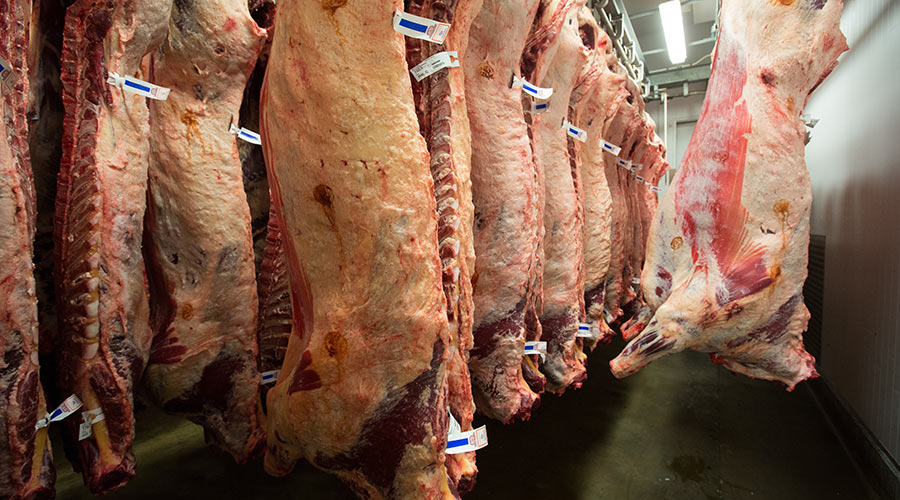1 October start for additional checks on animal origin imports
 © Tim Scrivener
© Tim Scrivener The government has announced plans to match the EU’s stringent post-Brexit checks on meat and animal product movements from the autumn.
Since 1 January the UK has opted for an open-door policy for EU food products while UK exports have faced rigorous inspection.
While the policy saw EU food imports enter the UK freely, some British exports have fallen by up to 90% as extra checks blocked the flow of perishable meat and dairy products.
See also: Radical change to sheep breeding policy sees replacement rates fall
The original timetable was for the disparity to run for a six-month grace period before checks were imposed on EU food imports.
However, the 30 Border Control Posts (BCPs) needed to carry out inspections on imports were not ready in time and the schedule slipped.
The revised timetable was for physical checks to begin from 1 January 2022 once port authorities had built the necessary infrastructure.
Documentary checks were to begin in the autumn and it is these that have been given the go-ahead by the government from 1 October.
The requirements include paperwork for pre-notification of consignments entering Great Britain and uploading Export Health Certificates (EHC).
Despite this move towards parity for UK traders, there is concern over the extra paperwork.
HMRC figures anticipate 270m additional customs declarations will be filled out each year across all UK firms importing EU goods.
According to the British Meat Processors Association (BMPA), the extra costs of the bureaucracy will add to the price of food.
Some products will simply not be available as EU companies stop exporting certain products due to the extra burdens and delays caused by the new system, a BMPA spokeswoman said.
This is what has happened to British exporters, who have lost an average of 20% of their trade with their EU customers now we are out of the single market and customs union, the spokeswoman said.
The BMPA has also raised doubts over the readiness of the infrastructure and technology at ports for the second phase of checks to begin.
With six months to go until the 1 January deadline, the BMPA said it had learned plans for control posts were still being lodged in early July.
Although the British Ports Association said construction was on schedule, the BMPA warned that any attempts to enforce full requirements, checks and paperwork, without a fully tested IT system would lead to disruption, the BMPA said.
